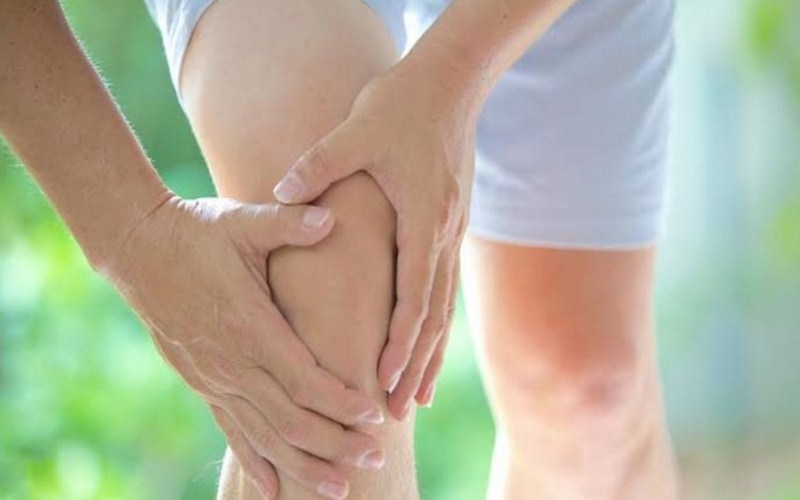Washington: Osteoarthritis, a disease that occurs when the body loses too much bone or makes too little bone, not only affects an adult’s health and well-being but can also heighten their risk of social isolation, suggests a study.
People with arthritis often have other health issues including anxiety and depression, due to which they are afraid to move around (because arthritis makes moving painful), physical inactivity, and being unable to take care of themselves — all of which may increase the risk of becoming socially isolated.
Some 30 per cent of adults aged 65 and older have arthritis to some degree, especially in their leg joints, according to the study published in the journal of the American Geriatrics Society in which researchers examined the information from the European Project on OSteoArthritis (EPOSA) study.
Researchers wanted to know whether participants were socially isolated at the beginning of the study as well as 12 to 18 months later. To do so, they used questionnaires that logged how often and how many times the participants connected socially with friends and family members.
They also learned how often the participants volunteered or participated in social activities.
Half the participants were women, and almost 30 per cent had arthritis. At the start of the study, almost 20 per cent of the participants were socially isolated.
Those who weren’t socially isolated tended to be younger had higher incomes and more education. They were also more likely to be physically active, had less physical pain, had faster walking times and were in better all-around health.
Of the 1,585 participants who weren’t considered socially isolated at the beginning of the study, 13 per cent had become socially isolated 12 to 18 months later.
They reported that their health and osteoarthritis had worsened, they were in more pain, had become less physically active, had slower walking times, and had depression and problems with thinking and making decisions.
The researchers said that their study shows that osteoarthritis increases the risk of social isolation. Having problems with thinking and making decisions, as well as having slower walking times, is associated with an increased risk of becoming socially isolated, they said.
Because social isolation can worsen your health, the researchers suggested that older adults with arthritis perhaps could benefit from physical activity and participating in social activities.
Specifically, they suggested, healthcare providers might refer people to senior centres where activities are specially designed for people with arthritis.

